Running JMeter version 5.4.1
I have the following setup for a JMeter thread group:
Number of Threads: 300
Ramp-up Period: 300 seconds
Loop count: infinite
Specify Thread Life time: Duration 600 seconds, startup delay: 0
Thread group is set to continue after a sample error.
So with the above setup, I'm expecting the test to spin up 1 thread per second, when it reaches 300(5min) seconds, it will have a full 300 threads running. Each thread should be running for 600 seconds(10min) before stopping. I'm expecting the total run time to be 900 seconds (Last thread starts at minute 5 + 10 min run time = 15min).
But the actual behavior is different and I can't figure out why.
Actual behavior:
--300 threads spin up after 300 seconds, 1 thread per second. Cool this is what I'm expecting.
--at 600 second mark, the first thread start to die. Cool so far so good
--at 12min which is 720 seconds, ALL threads have died off, and the test is complete... umm.. what happened here? I was expecting a full 300 seconds wind down time, not 120 seconds?
As a result, the full test finished at 720 seconds (12min), instead of the full 900 seconds (15min).
Can anyone explain to me what is going on here?
